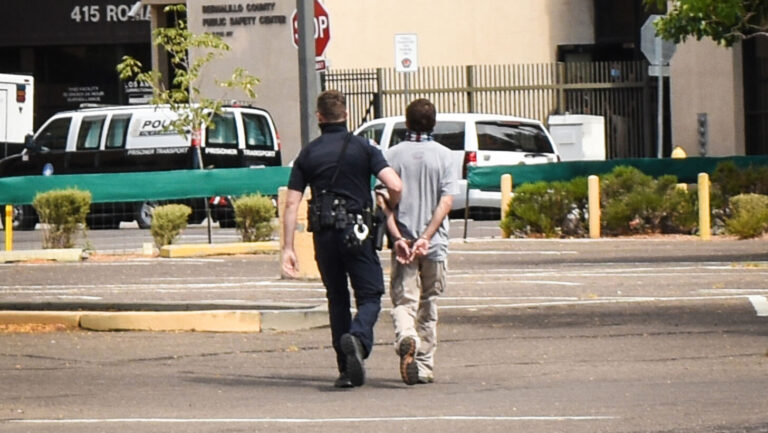City Council Reviews Police Budget
Apd Receives Scrutiny Amid Overtime Investigation, Public Comment


Latest Article|September 3, 2020|Free
::Making Grown Men Cry Since 1992




